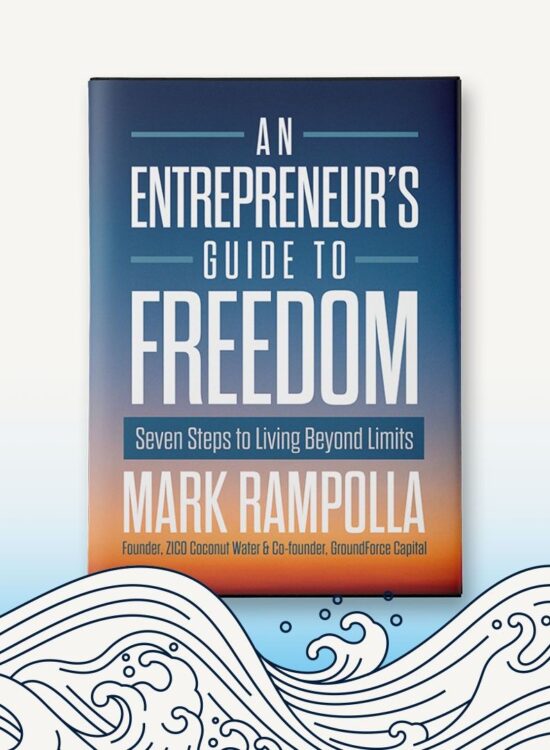Survive Today to Make an Even Bigger Impact Tomorrow
Mark Rampolla — August 15, 2022
Where the economy is headed is anyone’s guess.
The U.S. recently posted two straight quarters of negative growth, an unofficial signal that we had entered a recession, and inflation continues to grow at its fastest pace since 1981. The S&P 500 was down nearly 20% through the first half of the year, its worst start since 1970, and the Fed has been raising interest rates to try and bring things under control.
In the face of all this macro swirl, it is only natural for entrepreneurs to be nervous. Especially for those in the process of raising money, these are uncharted waters. The last time the U.S. experienced a true, drawn out recession was the year-and-a-half long pullback associated with the 2008 financial crisis. Many of today’s young entrepreneurs weren’t even out of school at that point, let alone experiencing the ups and downs of maintaining a business through choppy economic times.
But just ask the teams of companies like Celsius, Beyond Meat, Oatly and the dozens of others in better-for-you CPG that started before or during the Great Recession. It is not only possible to survive an economic downturn with your impact bonafides intact; it can actually help pave the way for longer term success. At ZICO, we were just about to do a big raise in the Fall of 2008 when investors went completely “pencils down”. It was a tough 18+ months but we tightened our belts, got radically focused on execution, and came out of it stronger than ever.
I talk to so many entrepreneurs who have big dreams and want to make a big difference in the world. All of them are trying to bring better for you food and beverage products to market and they’re building strong, innovative companies to make those dreams happen. But so many of them don’t understand the reality of running a company in this industry and the trade-offs that are required in order to just survive, especially when times are tough.
A while back I was talking with Greg Steltenpohl, the founder of Califia Farms and one of the biggest successes in our industry, about an experience he had when speaking to a group of college students about entrepreneurship and business. The students were giving him a hard time about the fact that Califia’s products came in plastic packaging – did that really count as sustainable? What was the company’s true carbon footprint?
His response: I’m trying to solve the environmental and ethical issues around the dairy industry, and I’m doing it with great tasting, nutritious plant-based beverages that people love. But I can’t solve it all. Someone else has to dive in and figure out the packaging solution; that’s not my job. It’s yours!
I love that because Greg was a very thoughtful and environmentally conscious leader, but he knew that he had to choose his lane if he wanted to accomplish anything. If Califia Farms wasn’t successful, then the impact he was shooting for would be nothing. He couldn’t do that if he spread himself too thin trying to do everything.
It’s this understanding of where the lines of scale and impact intersect that separate successful food and beverage companies from those that have great ideas but never come to fruition or don’t scale. If you want to make a big impact on the world you need to know how to scale that idea into a large business, and sooner or later that requires figuring out how to operate successfully during challenging times and eventually achieve this age-old business objective so many entrepreneurs seem to forget: make money.
Never is this more important than during a crisis.
Make the safe bet: a recession is coming or already here. Accept this reality and see it as an opportunity. Clarify your vision. Choose where to focus. Be clear about what you will not do. What are your most profitable product lines/customers/channels? What would you do if the cash you have or can raise immediately is all you ever have? How would you survive? Ensure you have alignment from the board to your street team; listen, learn and be ready to pivot; communicate with your team, investors, customers and consumers constantly. Share bad news early and often. I love big visions. I love big impact. If you want to make a big impact through your business (and have the satisfaction and rewards of doing so) make sure you stay in the game. I promise you; there will be more than a few multi-billion- dollar impact brands in the near future that will look back and say all they tried to do during this time was survive and that that work positioned them to thrive. The secret to success in a crisis? The same as anytime, just harder: never give up.



